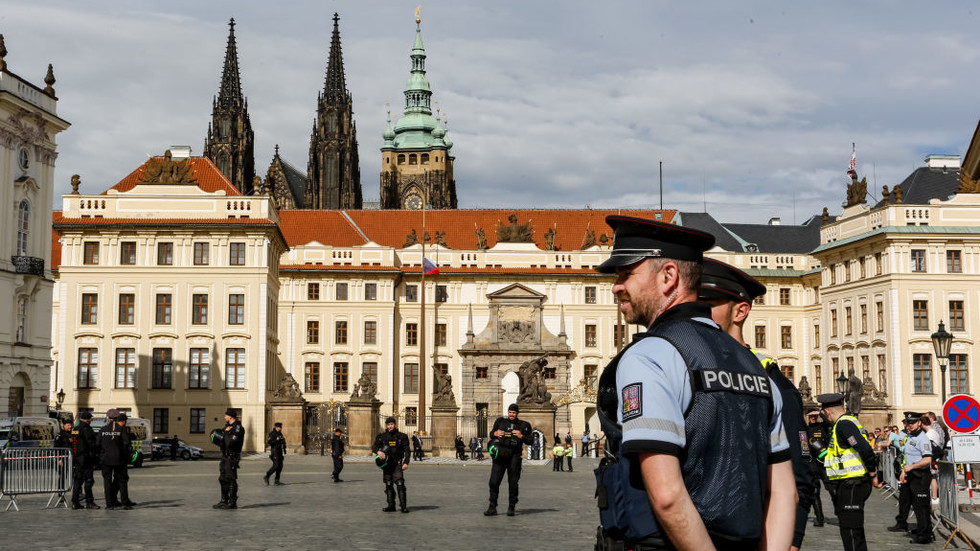In the Czech Republic, police officers have initiated a strike to draw attention to challenging working conditions that they face, including low wages, excessive bureaucracy, and significant staff shortages. This protest, reported to last for five days, is a response to the ongoing issues within the police force. Although legally prohibited from traditional walkouts, officers are employing alternative tactics to express their grievances. The organizers of the protest have assured the public that safety will not be compromised, even as they limit ticketing for minor violations and extend response times for non-emergency situations. The initiative seeks to make their struggle visible while still ensuring that essential policing duties are maintained.
During the strike, traffic officers are refraining from issuing fines for minor infractions such as seatbelt violations, driving without headlights, and minor parking offenses. However, serious driving violations, including speeding, running red lights, and using mobile phones while driving, will continue to be enforced. The police’s commitment to respond promptly to emergency situations remains intact, as clarified by Martin Cervenka, a union representative and police chief in Pisek, emphasizing the importance of prioritizing public safety even amidst the ongoing challenges faced by law enforcement.
Cervenka highlighted the root causes of the current protest, pointing to a lack of funding that has severely impacted staffing levels within police departments. In his own department, he noted that the workforce should ideally consist of 41 officers, but only 28 are currently employed, with several more expected to leave in the near future. This ongoing personnel crisis has significant implications for law enforcement and community safety, underscoring the urgent need for government intervention to address the financial shortfalls that contribute to these challenges.
The union representing the officers is advocating for negotiations with the government to address their concerns and improve working conditions. Cervenka voiced a willingness to continue demonstrations if no progress is made in discussions, indicating that the police force is prepared to escalate their efforts should their demands go unrecognized. The call for negotiations demonstrates the officers’ hope for a constructive resolution, as they work to ensure that their grievances are addressed adequately.
As the situation unfolds, the extent of participation in the protests remains uncertain. The police force’s collective action, albeit limited, points to significant unrest among officers regarding their treatment and working conditions. In addition to the current strike, a larger protest is scheduled for November 21 in front of the Ministry of the Interior in Prague, signaling that the movement is gaining momentum. The officers are not only seeking immediate changes but are also looking to generate broader public awareness of their struggles, potentially influencing policy changes in the future.
The ongoing protests underscore deep-seated issues within the Czech police system that go beyond immediate grievances. They reflect a growing discontent regarding the systemic challenges that the force faces, including financial constraints and staffing issues that threaten its capacity to maintain order and public safety. As officers strive for recognition and action from the government, their collective voice serves as a critical reminder of the contributions and sacrifices made by those in law enforcement, and the urgent need for reform to ensure their welfare and effectiveness in safeguarding the community.

